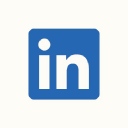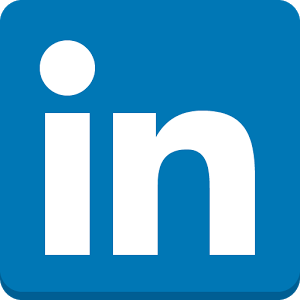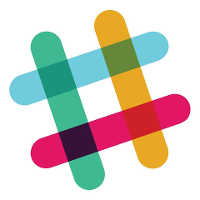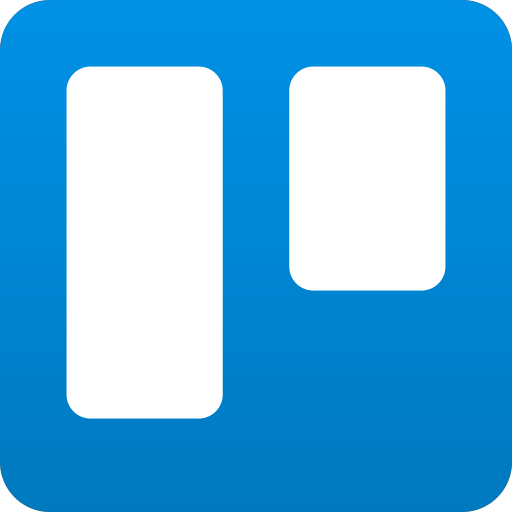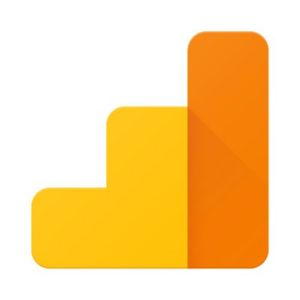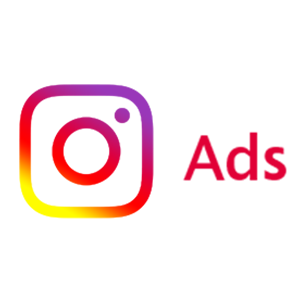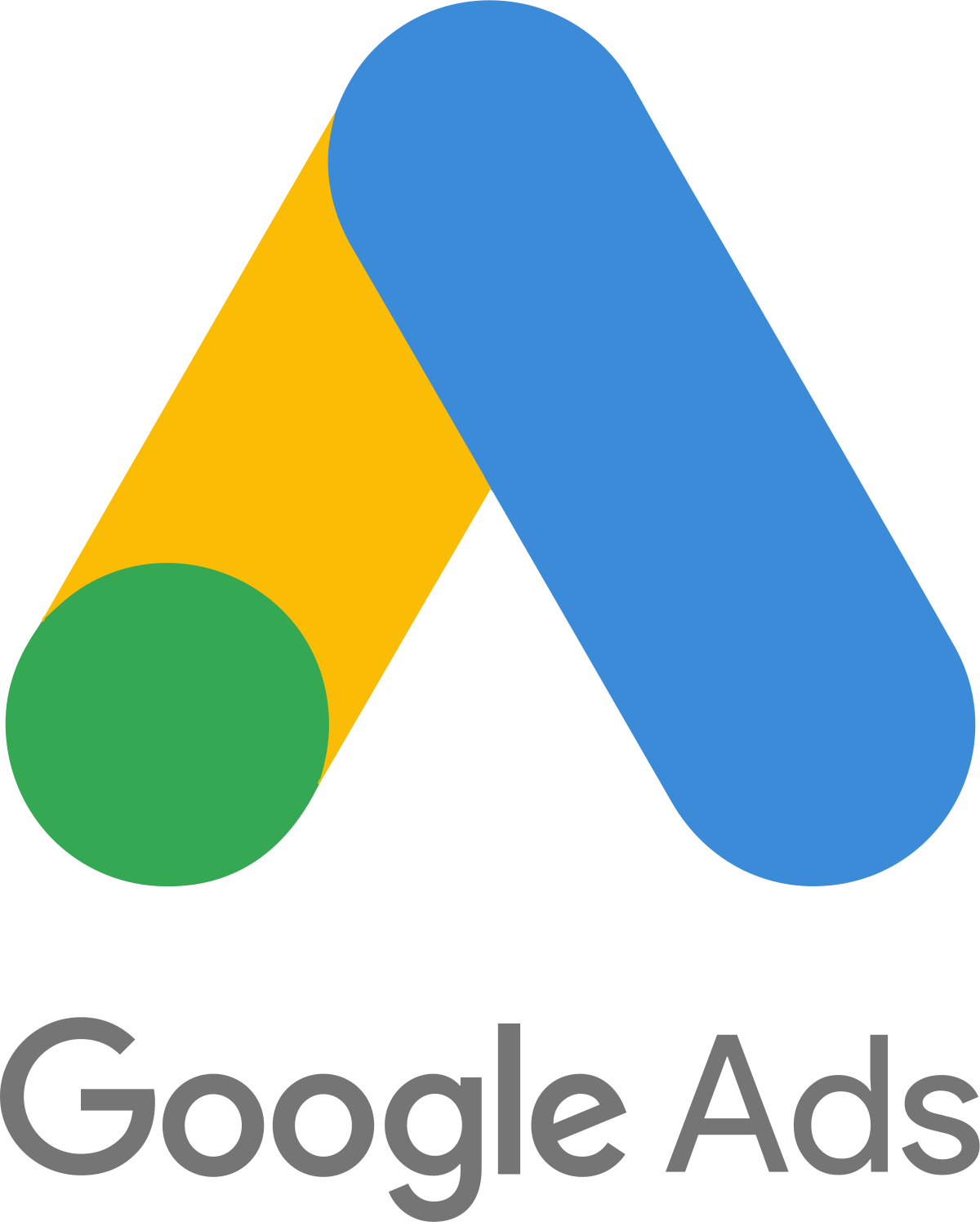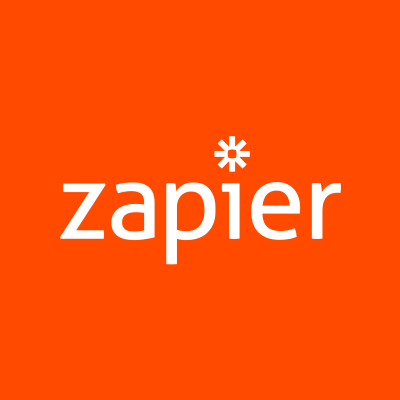Our Marketing Agency Side Project Hit $10K/Month In Less Than One Year
Hello! Who are you and what business did you start?
My name is Ryan Ward, and I’m the cofounder of Rex Marketing & CX. We are an agency that specializes in growth marketing and product development for early-stage businesses and founders.
We specialize in working with businesses in the healthcare, financial services, and SaaS spaces. At Rex, our goal is to help small businesses or non-technical founders build products and grow their revenue by leveraging no-code tools and growth hacking techniques.
My co-founder, Alexis Warthen, and I launched Rex as a side project in April of 2023, and over the year we’ve generated $10,000/month while maintaining our full-time roles by leveraging AI, automation, and outsourcing.

What's your backstory and how did you come up with the idea?
I come from a background in business development, sales, and growth marketing. When I was Head of Growth at MyWellbeing, I helped the company expand from just the state of New York to all 50 states in just 2 years.
During the majority of this time, I also functioned as a one-person sales team, where I was responsible for selling to group practices and solo mental health providers. During this time, I spoke with hundreds of therapists over the phone and video, and I realized just how dire marketing is for small businesses, especially in the mental health space.
Therapists don’t like thinking about their practice as a business with customers, and this leads to many not being able to generate enough revenue to stay afloat.
Fast forward to April of last year, it felt natural to launch Rex as I had several connections who knew me and had spoken with me at some point in the future. My co-founder and I were in a place where we had extra hours a week to invest in growing Rex and starting our agency required hardly any upfront capital.
It was also helpful that my CEO and I left on great terms and our services didn’t compete, so I was able to contact all of these previous contacts to pitch Rex. We very quickly were able to land several clients for general marketing support and services for their practice.
However, this was just the start. I am a second-time founder, previously I founded an EdTech company and exited in 2021. During that time and since then, I’ve become skilled in no-code solutions and building. This led me to want to leverage these skills since no-code still is a space that very few understand.
We quickly picked up a few clients from my network who were aspiring non-technical founders who wanted to see their ideas come to life. Thus we transitioned into also being an MVP/no-code product development agency.
As someone who loves entrepreneurship and founders, Rex has carved out a niche of not only being an agency a founder can turn to when they want their early-stage product built, but we also help them with growth hacking and marketing support post-launch.
Several agencies out there do one or the other, but truthfully a product isn’t anything without users, and you can’t effectively market a product that isn’t polished or solving a need.
We’ve been profitable since day one, and we’ve had great growth over the past year. We’ve been very happy with this to date since this was a side project for me and my cofounder.
Take us through the process of building the first version of your product.
As an agency, our product is our experience and expertise in our field. When we first launched Rex, we just needed to narrow down what our offering was. My co-founder is a graphic and UX designer by trade, and I’m a growth marketer and no-code developer. There were, and still are, a lot of angles we can take with our skillset.
In the early months, we were helping clients with website designs, social media, and advertising mainly. However, as we progressed, we started to generate more interest in things like SEO and product development. It wasn’t until we were about 5-6 months in before we landed our first large client.
Up until then, we had a myriad of clients for various tasks who were paying us minimal amounts monthly. However, once we got that first client, things began to spread like wildfire.
It wasn’t very glamorous at first, but we were both patient and knew that if we built it and put it out into the universe, then they would come. We used some of this downtime to think strategically about how we’d like to grow and how to toe the line of both an agency and a software company.
In these first 12 months, we launched our own customer portal that is supplemental to our services, and we aim in the next 12 months to productize the portal more.

Describe the process of launching the business.
Launching Rex was a pretty straightforward process. I will say that I think my being a founder one time prior, I took the reins and led us quickly through launching. That to say, I had lots of fumbles and missteps during my first venture, an edtech software company, and I had vast amounts of prior knowledge to call upon.
The biggest thing I’d say in the early stages of launching is don’t get hung up on the brand. This is something that I harp on to founders. Your brand is going to change and evolve so much over time. The name, logo, typography, colors, etc. will not be the same, and this rings true for nearly any brand out there.
When I speak with founders or mentees, I always ask one major question, how much revenue have you generated? This is the golden ticket to staying alive as a business owner. Very rarely are we blessed with an outside investor or VC handing over $1M for us to take our time on generating revenue. If you aren’t generating revenue, you aren’t a business.
Following this line of reasoning, we prioritized revenue generation early on. We landed our first (very small) client within 2 weeks of us incorporating our business. We then put our nose to the Upwork grindstone and submitted proposals for very basic projects. We hoped that we’d establish a rapport or relationship with these companies and Upwork and eventually evolve them into more ongoing, off-platform jobs, which we did.

Since launch, what has worked to attract and retain customers?
Since we’ve launched, we’ve had various strategies for acquiring new customers. I’d say the number one thing would be leaning into relationships and partners. I’ve built out a professional Rolodex that aligns well with our agency, and once news spread that I opened an agency, we had many people approach me directly to want to work with us.
In addition to this, we’ve also leveraged SEO as part of our strategy. As an agency that specializes in SEO, it only made sense that we craft highly specific SEO-optimized landing pages and blogs that are geared toward our target audience. We’ve seen great traction from our pages which has helped fill our top of funnel organically.
We’ve also leveraged online marketplaces like Upwork at times. We’ve taken the time to submit proposals here and there and landed a handful of clients and projects this way. This has helped supplement our monthly revenue with our other customers. It hasn’t always panned out to be longer-term projects, but generally, the projects we do on Upwork are pretty straightforward.
How are you doing today and what does the future look like?
We’ve been profitable since day one, and we’ve had great growth over the past year, getting up to an average of $9,800/month in revenue. We’ve been very happy with this to date since this was a side project for my cofounder and me, but we ultimately know that we need to dive into our agency full-time if we want to grow even faster.
I recently left my full-time role as Head of Growth at an early-stage startup to devote myself full-time to the agency. In the coming months, I plan to double down on our sales and business development efforts and hand off the majority of the client work to my cofounder and/or freelancers we have hired.
I have worked in sales earlier in my career, so it ultimately made sense for me to be the first one to transition to full-time. I plan to start locating potential referral partners, leveraging my LinkedIn following, and utilizing cold outreach to continue to scale the agency in the coming months.
Additionally, we have established a few partners for regular branded events and training. Check out an upcoming webinar we will be leading on SEO strategies for early-stage companies and founders.

Through starting the business, have you learned anything particularly helpful or advantageous?
This is my second venture, so I feel like I’ve already experienced a lot of early mistakes back in 2019 when I co-founded an EdTech company. That experience has made the start of our agency feel much easier than it did with my last company. However, there are a few things that I’ve leaned into since starting Rex.
First, I’ve realized just how much social capital I’ve raised over the past 5 years. This first year of growth has been largely due to my network and relationships I’ve built with friends, colleagues, and previous employers. Word of mouth and referrals from people in my network have been by far our number one lead source.
I believe that fear is the number one thing that kills dreams and holds people back. This is me affirming that when you first start something, you may be clueless or uncertain, but that is a phase that nearly every founder has been in or felt at some point in their journey.
Secondly, I’ve operated with a sense of transparency with customers that I tended to shy away from during my first venture. With Rex, I’ve been very upfront and direct with clients about our size, and how long we’ve been around, and framed it as our customers being early partners for our agency.
Being upfront with this has led to us having strong customer relationships, regularly being able to collect feedback, and even brainstorming with some of our clients on the direction they’d like to see us go i.e. what their unsolved problems are and how we can help.
Finally, I’ve learned to value my time and request payment accordingly. As a service business, it’s hard to tell a client no or that you’ll bill them extra for small tasks. In the early days, we’d have some of our clients try and squeeze every little thing they could out of our time, and it ultimately got to where we had to set firm boundaries and decline unless they’d be willing to pay for that additional time.
As someone who always wants to delight clients, this was sometimes a hard pill to swallow.
What platform/tools do you use for your business?
We haven’t needed to rely on tools too much for our business. We first invest in our domain and website. We purchased our domain name on Name.com and chose Squarespace for our site.
We’ve invested in Hubspot as our CRM just recently. We mainly just used our email for client management for the majority of the past year as we didn’t need/want to invest in a CRM too early.
For our SEO projects, we mainly rely on Semrush for our client work. I highly recommend Semrush if you want to focus on SEO efforts for your business.
One of the biggest things I’d recommend when it comes to tools is to keep it simple in the early days. You don’t need everything at first. Just keep it simple and only invest in what you need to make early revenue. You’d be surprised what you can get by with 6-12 months to validate and grow your business.
What have been the most influential books, podcasts, or other resources?
It isn’t directly related to our business, but I am a huge fan of the podcast 99% Invisible. I believe that a number of their episodes and topics help me think outside of the box and keep my creative juices flowing.
Advice for other entrepreneurs who want to get started or are just starting out?
For anyone else out there thinking they want to start something, just do it! I believe that fear is the number one thing that kills dreams and holds people back. This is me affirming that when you first start something, you may be clueless or uncertain, but that is a phase that nearly every founder has been in or felt at some point in their journey.
My favorite quote that I live by is from Steve Jobs, “You can't connect the dots looking forward; you can only connect them looking backward. So you have to trust that the dots will somehow connect in your future.”
I am often amazed at how the highs and lows in my life have all taught me something about myself, whether it be personally or professionally. Just know that whatever situations you find yourself in or have been in, you’ll never know how that learning, skill, or connection will come back and connect to your story as a founder.
Are you looking to hire for certain positions right now?
We are looking for a freelance social media specialist right now as we continue to bring on more clients every month. For Rex, we need someone who is a jack of all trades, and open to innovation. With our clients, growth strategies can pivot and change month over month.
This would be a paid, part-time role with varied hours depending on the time you have available and the amount of clients we need help with. You can reach out if you’re interested by emailing hello@rexmarketingandcx.com with a copy of your resume.
Where can we go to learn more?
If you have any questions or comments, drop a comment below!

Download the report and join our email newsletter packed with business ideas and money-making opportunities, backed by real-life case studies.

Download the report and join our email newsletter packed with business ideas and money-making opportunities, backed by real-life case studies.

Download the report and join our email newsletter packed with business ideas and money-making opportunities, backed by real-life case studies.

Download the report and join our email newsletter packed with business ideas and money-making opportunities, backed by real-life case studies.

Download the report and join our email newsletter packed with business ideas and money-making opportunities, backed by real-life case studies.

Download the report and join our email newsletter packed with business ideas and money-making opportunities, backed by real-life case studies.

Download the report and join our email newsletter packed with business ideas and money-making opportunities, backed by real-life case studies.

Download the report and join our email newsletter packed with business ideas and money-making opportunities, backed by real-life case studies.

